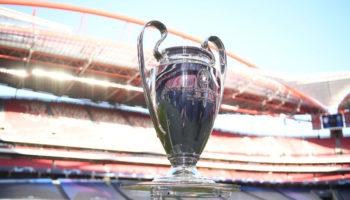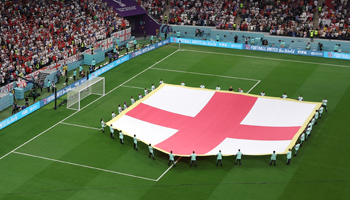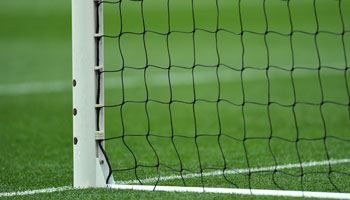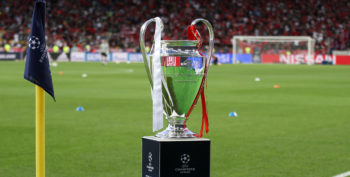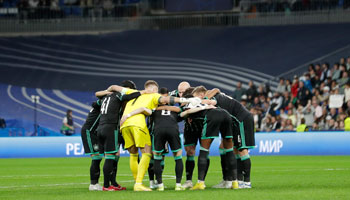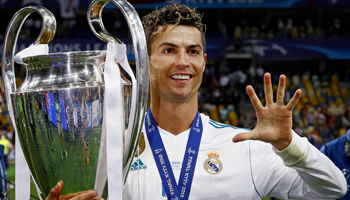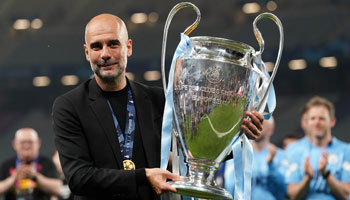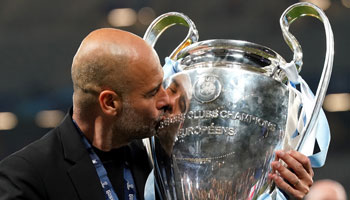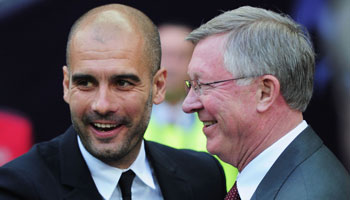Barcelona have gone from footballing superpower to international laughing stock in an alarmingly short space of time, but the seeds of their demise were sown by many years of poor management.
The salary restriction imposed on them by La Liga has forced them to cut costs drastically, but they were a response to the enormous debts racked up by the club, which left them vulnerable when Covid-19 hit European football hard.
Here we analyse the decline of Barcelona and the factors behind their implosion.
Losing their grip on La Liga
To understand just how dramatic the decline of Barcelona has been, we can rewind just over a decade to their highest point.
In 2008-09, Pep Guardiola’s first season as manager saw the club reclaim the Liga title. This was the first of eight championships out of a possible 11, with the club averaging over 92 points per season during a phenomenally successful spell. They have been slipping for a while though; this season looks set to be the fourth consecutive campaign in which their points total has dropped.
Barcelona currently sit eighth in La Liga and unless they can turn things around they could fail to qualify for European competition next season. Currently the top six clubs qualify for one of the three UEFA competitions, with the top four going into the Champions League and then one each in the Europa League and the newly-created Conference League.
Over the last 20 seasons, the average sixth-placed team has earned 59 points – two more than the 57 that Barcelona would finish with if they continue at the same rate.
Choking in the Champions League
Following their elimination in the group stage, the Champions League round of 16 will take place without Barcelona for the first time since 2003-04. Spanish rivals Real Madrid are now the only club to have qualified for the knockout phase in all of the last 18 seasons.
The club’s record in Europe has also foreshadowed their fall from grace. In the first seven seasons after Guardiola’s arrival, Barcelona won the Champions League three times and reached another three semi-finals, but in the seven seasons that have followed they have only gotten to the semi-final stage once.
After finishing third in their Champions League group, they now face a play-off with Napoli to reach the Europa League round of 16. Defeat over two legs would send them crashing out of continental competition altogether.
If Barcelona fail to finish at least fourth in La Liga or win the Europa League then they will miss out on Champions League football next season. Even if they qualify for one of the other UEFA competitions this would represent a steep drop in both prize money and TV revenues.
For example, each team in the Champions League group stage is awarded €15.6m, with a further €9.6m forthcoming if they reach the round of 16. In the Europa League, the corresponding figures are much lower: €3.6m and €1.2m.
Furthermore, Barcelona’s record €155m per year kit deal with Nike reportedly contains a termination clause that can be activated if they are relegated or fail to qualify for European competitions.
Terrible in the transfer market
Five seasons ago Barcelona had the most valuable squad in the world, estimated at €1.1bn, but they are now ranked 10th with around €650m.
Back then in August 2017, they sold Neymar to PSG for a world-record fee of €222m and could afford to recruit any player that took their fancy. This would prove to be a rare high point in their transfer dealings though and this windfall was squandered on unsuccessful signings.
The immediate replacement for Neymar was young winger Ousmane Dembélé, who arrived from Dortmund for €135m after an explosive first season in the Bundesliga. Unfortunately a succession of serious injuries have limited him to just 55 league starts and 18 goals in La Liga.
Six months after Dembélé’s arrival, the Catalan club spent the same amount of money on Liverpool’s Philippe Coutinho in the January transfer window. The Brazilian was on a hot streak in the Premier League with 13 goal involvements in as many starts, but proved to be a poor fit and found himself loaned out to Bayern Munich within 18 months.
More recently there was a terrible €120m swoop for Atlético Madrid’s French striker Antoine Griezmann in July 2019. His mediocre return of 22 league goals in 74 appearances fell far short of his price tag and he has since been loaned back to his former club as part of Barcelona’s emergency cost-cutting measures.
The most dramatic transfer by far was not an arrival but a departure: that of club talisman Lionel Messi. The Argentinian is considered by many to be the greatest footballer of all time and the single biggest contributor to the club’s recent success, with his exit summing up the decline of Barcelona.
After originally announcing his intention to leave the club in August 2020 and with the club unable to renew his contract, he joined PSG on a free transfer the following summer.
More sales are expected as the club struggles to clear debts of over €1bn, with the club likely to be forced into selling players below their market value. In addition to rival clubs being able to take advantage of their desperation, cash flow challenges across European football mean that few teams can afford to pay premium prices for talent.
Join bwin today and receive up to £20 money back as a FreeBet if your first wager (3+ selections at odds of 1/2 (1.5) or greater) is a loser! Terms and conditions apply.



